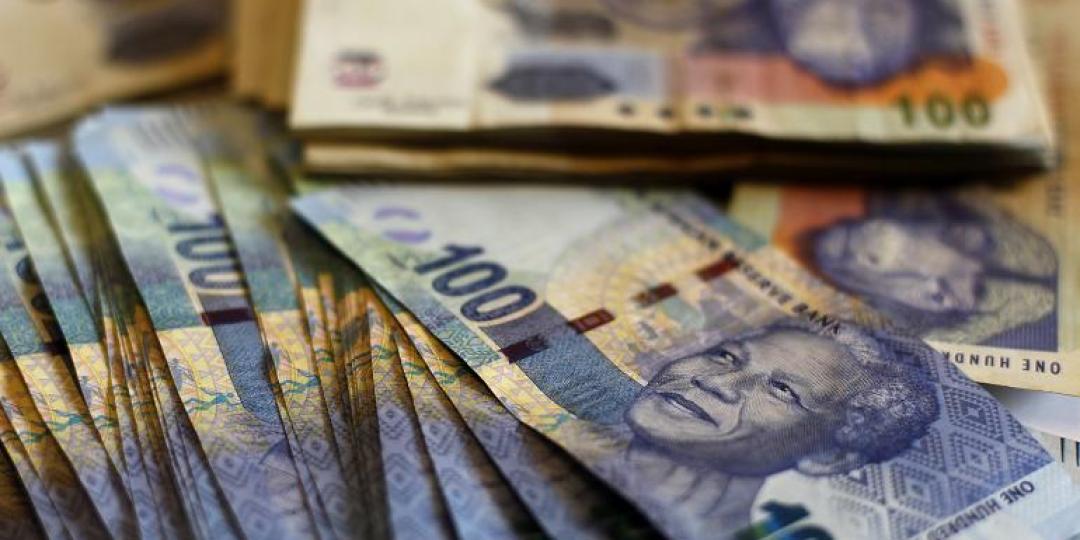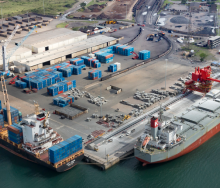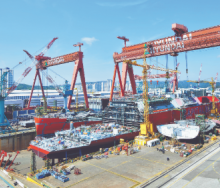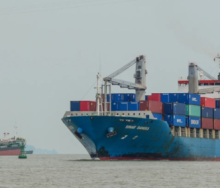Changes are being made to South Africa’s foreign exchange system in order to make local companies more competitive in the 1.2 billion-strong African market due to be opened up by the African Continental Free Trade Agreement, which comes into effect on 1 July.
“The free-trade area presents an opportunity to speed up development on the continent, and represents a potentially large market for South African goods and services,” states the Budget Review.
In order to make it easier to trade, the National Treasury is in the process of modernising the foreign-exchange system.
The country has operated a “negative list” system since 1933, according to the Review.
“By default, foreign-currency transactions are prohibited, except for those listed in the Currency and Exchanges Manual.
“As a result, even small individual transactions – such as for travel – require onerous approval processes. This regime constrains trade and cross-border flows, particularly in relation to fast-growing African economies.
“Over the next 12 months, a new capital flow management system will be put in place.
“All foreign-currency transactions will be allowed, except for a risk-based list of capital flow measures,” it states.
Of most interest to the freight and trading industry is that one of the conditions that remains in place is that cross-border foreign-exchange activities will continue to be conducted through dealers authorised and regulated by the Reserve Bank.
The other measures in the list relate mostly to company ownership.













